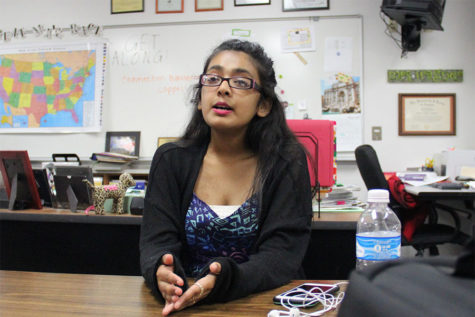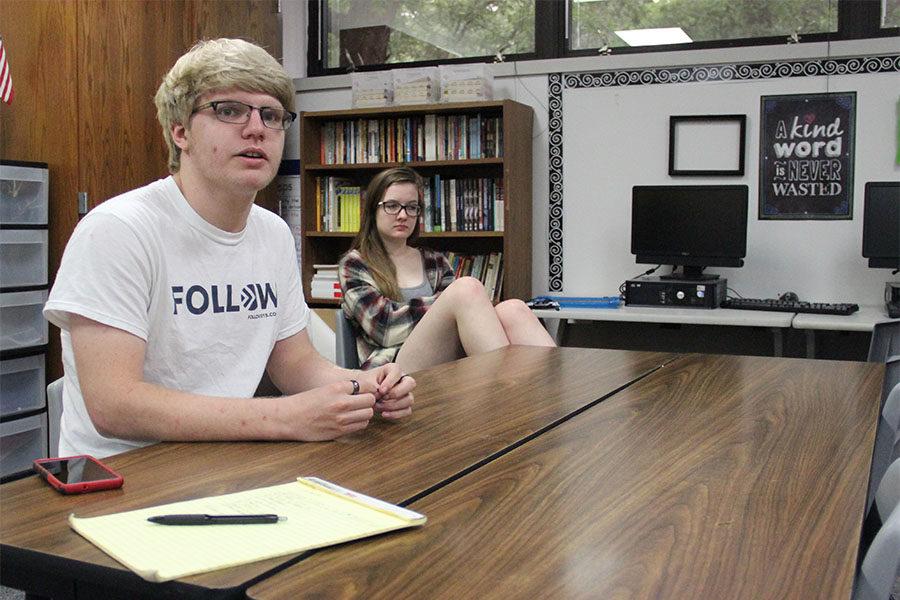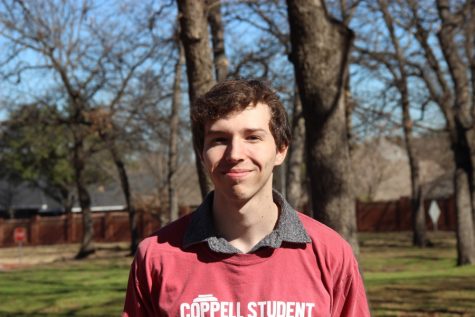LGBT+ rights still a struggle
First Bangladeshi LGBT+ magazine editor murdered
May 20, 2016
Roopbaan is a magazine aimed towards spreading the message of tolerance towards homosexuality and other sex-and-gender identities in Bangladesh. Its editor, Xulhaz Mannan, was unfortunately murdered along with other members of his staff by the Al-Qaeda in the Indian subcontinent (AQIS) outfit which has claimed responsibility.
The AQIS group has been setting its focus on Roopbaan and its staff for the past few months now and details of the actual crime have circulated, yet The Long War Journal speculates that “a team of several jihadists posing as delivery men killed an LGBT[+] activist, Xulhaz Mannan, and his friend in Bangladesh’s capital of Dhaka yesterday. The men were reportedly hacked to death with machetes in Mannan’s flat.”
The Long War Journal also speculates that this crime is part of a larger orchestration of attacks and murders from the AQIS on suppressing people supposedly offending the Islamic faith and spreading ideas of LGBT+ activism and other quote-unquote immoral values.
This begs the question: what is the current state of LGBT+ rights, and how is it different here versus elsewhere (perhaps this context of Bangladesh)? Currently within the United States, things are looking pretty good for people who are, for lack of a better term of conservative vocabulary, promoting the “gay agenda”.
We are in a period of focusing less on the basis of our civil rights agenda like marriage equality, and focusing more on keeping those rights secure and transitioning into an era of correcting micro-aggressions in order to create a safer future for the next generation.
However, I think there is still a problem of addressing the privilege that we as North Americans have with our rights and our activism over the lack of privileges that other people have the right to even consider, much less celebrate.

Junior Saira Haque, a member of Coppell High School’s Gay-Straight Alliance club said, “In Bangladesh, same-sex relationships aren’t respected and people face verbal and physical abuse, and there are some unique legal and social challenges”.
To us, a story like this is hard hitting news to a huge population, whether gay, straight, transitioning, or if activism in civil rights, is just something that is central to you. But to the citizens of Dhaka, Bangladesh as well as the rest of the country and other parts of the world, this news probably went unnoticed to the majority and would have created negative responses on either side of the pro-con ballot of LGBT+ activism.
Countries like Bangladesh also have a rather different perception of such terminology like the word “gay”. According to the Bandhu Social Welfare Society, “the term ‘gay’ evolved in the West to reflect not only sexual orientation, but also a political orientation involving a process of ‘coming out’ and engaging with other gay identified men. The word ‘gay’ does not mean homosexual”.
Unfortunately, many of the issues against these communities spur from an intersection of cultures of imperialistic influences. In India for example, the transgender community – Hijra, as they are know – were historically highly respected until Great Britain began to colonize India and spread the teachings on anti-homosexuality, thus leading to the Hijra community having no legal protections.
Many countries that follow the Islamic faith but suffer under Al-Qaeda and Daesh (ISIS) are also struggling with including LGBT+ philosophy and social theory into their religious ideals. The Islamic religion promotes pacifism to the extreme where even hurting a fly is considered a crime, yet many still show violence towards homosexuals or transgender individuals. Is this part of the Islamic faith? The answer is no, it’s just another part of sexism and hate.
As a gay person, I could spend my time complaining about the harms of homophobia in my little bubble and call it “activism”, but the truth is I would have it much worse in, going back to my previous example, Bangladesh. Here, I face a lack of accurate representation for LGBT+ minorities.
Elsewhere, I might face death.
In conclusion, we as North Americans have not only the right but the privilege to promote political and social activism around the world. Yes, we should still focus on the issues at hand, but we also need to spread our superpower influence in order to bring change to the people who live with no rights whatsoever and no guarantee of loving whom they love and being whom they choose to be.










